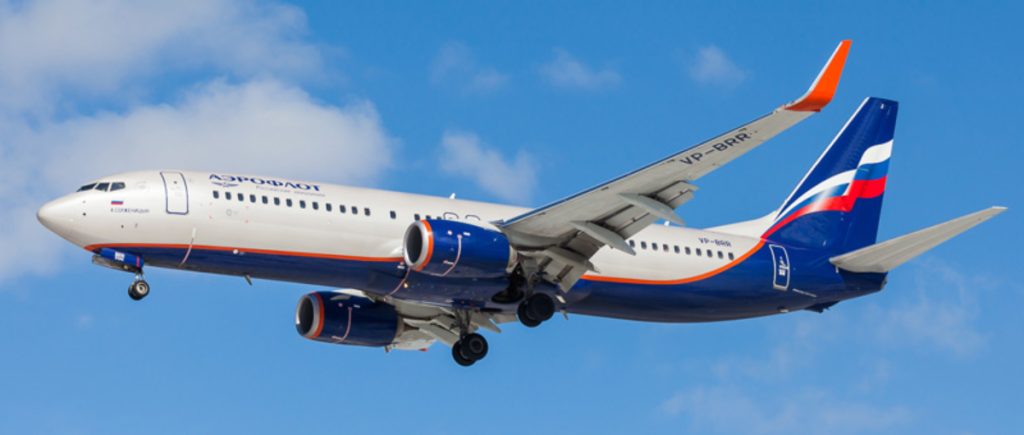The ban, imposed by Turkey’s customs and trade ministry and prohibiting the provision of services for the American-made aircraft that are related to them, appears to be the most recent instance of Ankara yielding to US pressure to comply with Western sanctions against Russia in response to its war in Ukraine. Turkish customs officers abruptly halted allowing the transportation of items subject to sanctions headed for Russia through Turkish ports on March 9.
As additional sanctions on the Kremlin have run out of possibilities and ‘leakage’ of sanctions has become a persistent issue, Europe and the US have shifted their focus to more efficiently implementing the extensive penalties already in place. Analysts are analyzing what may have changed since the Erdogan administration in Turkey showed little evidence of actively assisting with sanctions against Russia until recent weeks.
One theory is that President Recep Tayyip Erdogan, who is preparing for the parliamentary and presidential elections on May 14, needs to protect the Turkish economy from the threat of secondary sanctions, which could be implemented for breaking the Russia sanctions, to avoid potential economic pain and lost votes.
Erdogan’s decision to lift Turkey’s veto on Finland’s NATO membership at the end of last week while maintaining it for Sweden’s application to the military alliance may also be seen as part of this calculation. Such a deal may satisfy US critics until after the Turkish elections while shielding Erdogan from domestic accusations that he completely gave in to Western pressure on the issue.
Russian airlines can still travel to and via Turkey despite Turkey’s action against their Boeings, but they will need to use alternative aircraft, such as Airbus planes.
But, as The Wall Street Journal (WSJ) reported in late January, US authorities want Turkey to suspend accepting flights from Russian carriers, including Boeing and Airbus, because Airbus planes have a lot of American components.
Since Russia was sanctioned by the West after its invasion of Ukraine 13 months ago, Turkey—which has not imposed sanctions on Russia—has emerged as a key haven for Russian investors, and its mega airport in Istanbul provides Russians with connections to locations around the globe. Therefore, wrecking the majority of flight connections between Russia and Turkey would be a major victory for the West.
Additionally, given the restrictions on travel possibilities caused by the economic and political backlash against Russia, Turkey has grown to be an even greater holiday magnet for millions of Russians than it already was.
According to US media, senior American officials warned that if Turkish nationals provided services like refueling and spare parts to US-made planes flying to and from Russia and Belarus in violation of export controls imposed last year, they risked jail time, fines, the loss of export privileges, and other measures.
This was in line with reports that the chief sanctions officer for the US Treasury Department warned nations and corporations during a tour to Turkey and the Middle East that doing business with entities subject to US limits might result in them losing access to G7 markets.
Special export rules put in place by the US prevent Russia from employing airplanes produced in the US. Any airplane manufactured in the US is not permitted to enter Russia or Belarus without a permit from the Bureau of Industry and Security of the Commerce Department.
According to statistics from aviation analytics company Cirium, which was reported by the WSJ, Russian and Belarusian airlines, including the Russian flag carrier Aeroflot, had run more than 2,100 flights using US-made Boeing jets to Turkey since October 1. Regular flights from Moscow to Istanbul, Izmir, and the Turkish vacation city of Antalya were among the routes offered.
The largest airport ground-handling service provider in Turkey, Havas, issued internal memos warning of risks in handling imported aircraft operated by airlines from Russia, Belarus, and Iran as well as by Russian businessman Roman Abramovich for his travel when the US tightened the screws over Turkey welcoming Russian aircraft.

